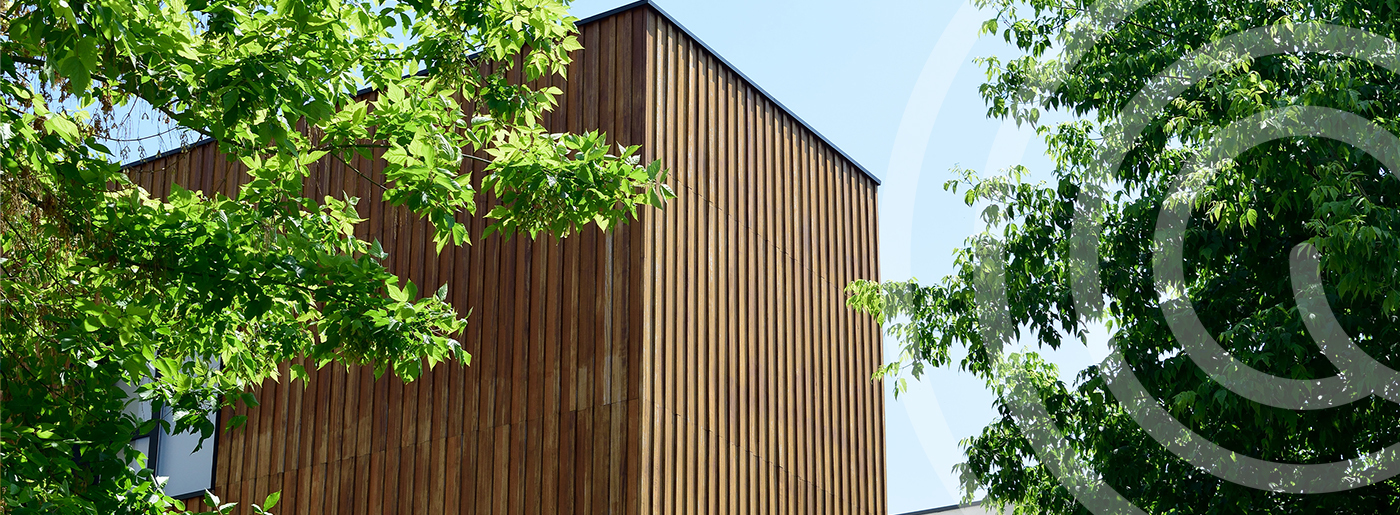“If the United Kingdom is serious about achieving Net Zero, then increasing timber usage and making better use of circular economies should be key”
Climate change is the most pressing issue of our day, and it is closely associated to the materials we use. Using 40% of all energy, the construction industry is Europe’s greatest energy consumer. Buildings and construction provide 39% of the world’s carbon footprint, with production of the materials used accounting for 11% of that total.
Moreover, the European building and construction industry utilises around 10 million tonnes of plastics each year. This makes it the second-biggest use of plastics in the world (the first is, of course, packaging).
The Universities of Bristol, Bath, Exeter, and Cardiff have recently formed a GW4 interdisciplinary research community to investigate the full potential of British-grown timber in the design of affordable and low-energy housing, exploring current and future trends from a “systems-thinking” perspective and pooling their expertise in relevant subjects, like forestry, architecture, timber engineering, building physics, and the circular economy.
Circular construction strives to limit waste creation and re-use or recycle materials after the initial use, resulting in material circulation in several re-use loops.
This is in contrast to the linear economy’s ‘take-make-waste’ paradigm, which produces waste items that must be disposed of while also creating demand for new resources. The design of circular buildings presents a great opportunity for the use of timber, which is uniquely suited to circular construction – it is renewable when managed sustainably and responsibly, often fast-growing, and, if not recycled in the same or different form, is usually bio-degradable, resulting in minimal hazardous waste.
What’s more, since the United Kingdom has limited wood resources and is the world’s second biggest importer of lumber, a circular economy strategy to managing the country’s limited local wood resources is absolutely vital.
Timber in construction has the ability to provide biogenic carbon storage advantages, which, when paired with a renewable supply chain, provide a possibility for the construction industry to reach its net zero carbon objectives while also satisfying the rising demand for sustainable housing.
The bulk of the embodied carbon and energy involved with wood consumption is accounted for by manufacturing and transportation.
As a result, if we want to help Britain achieve its sustainability goals, it is critical to optimise wood utilisation, concentrate on local resources and market potential, and increase timber knowledge and production practices. Trees sequester biogenic carbon during growth, which is then stored in wood products until the end of their useful life (about 1.6kg CO2/kg of lumber). The longer such things are in use, the larger the carbon sink created, as well as the possibility for circularity and re-use.
Moreover, increasing the use of locally produced wood and similar bio-based materials in building will have an influence on UK greenhouse gas removal afforestation techniques, biodiversity, and land management scenarios (e.g., displaced CO, emissions from agricultural land reductions). As a result, this transition will have social and economic consequences, as well as climate-related design implications, such as designing buildings that don’t overheat during the summertime.
At Quercus, we take sustainability very seriously – our trade is inextricably tied up in the preservation of natural resources and we, like everyone else, call this planet home. We should all be doing our bit to look after it. That’s why we ensure that all our timber is ethically sourced, sustainable, and of the highest quality. If you have a project that could make use of timber, whether it’s as part of a circular economy of use or simply for aesthetic reasons, call Quercus on 0845 50 50 311. Our friendly and experienced team will be happy to help you select a variety of timber that is perfect for your needs.

